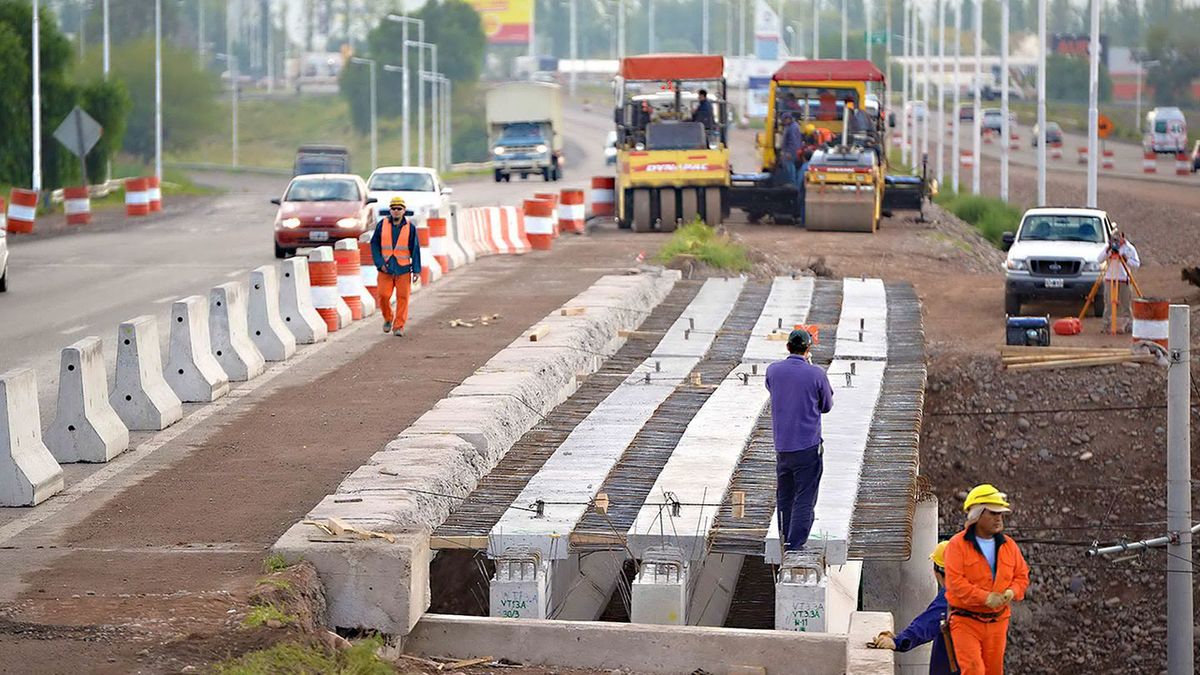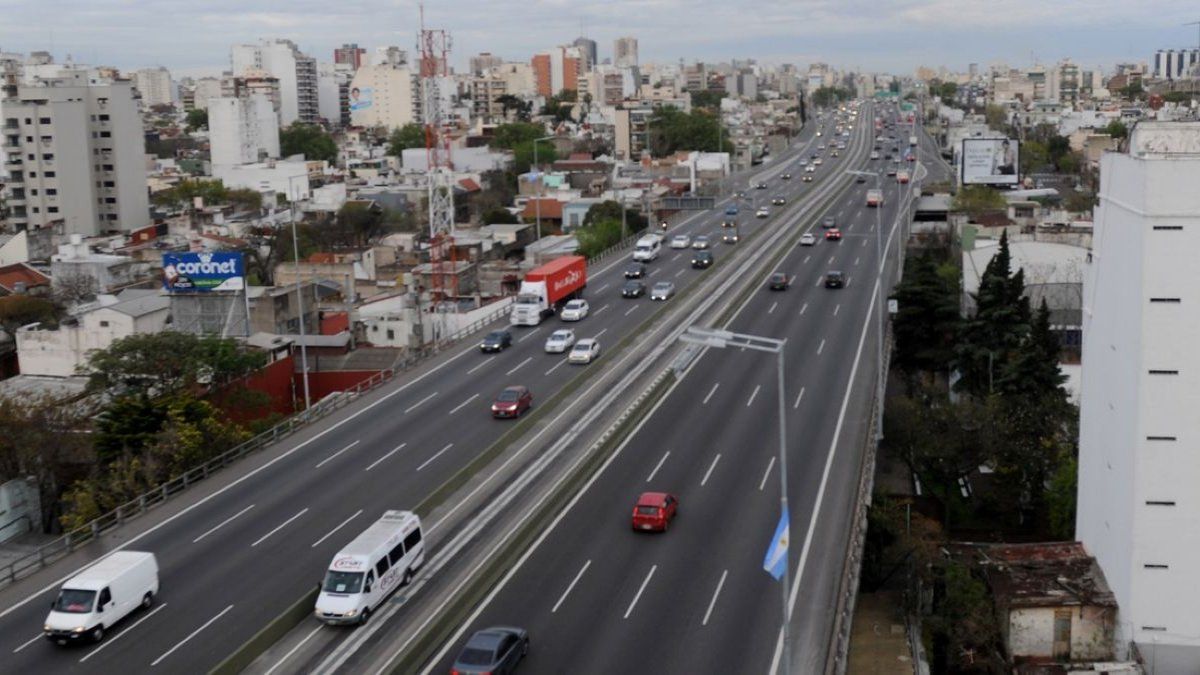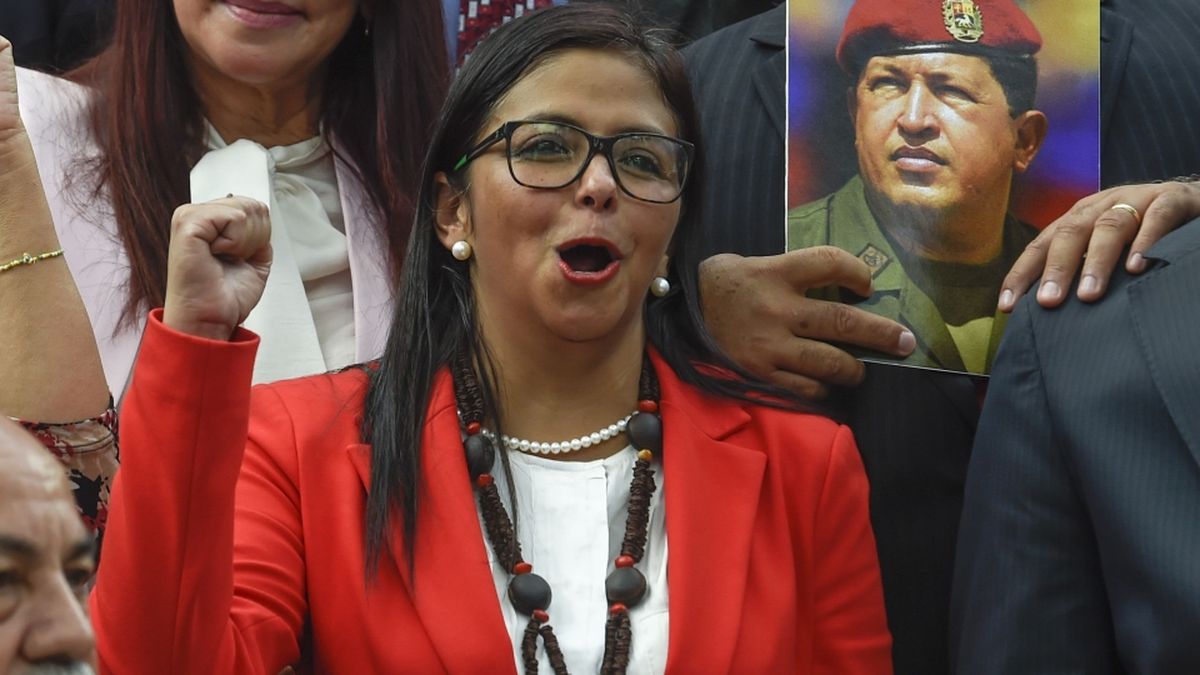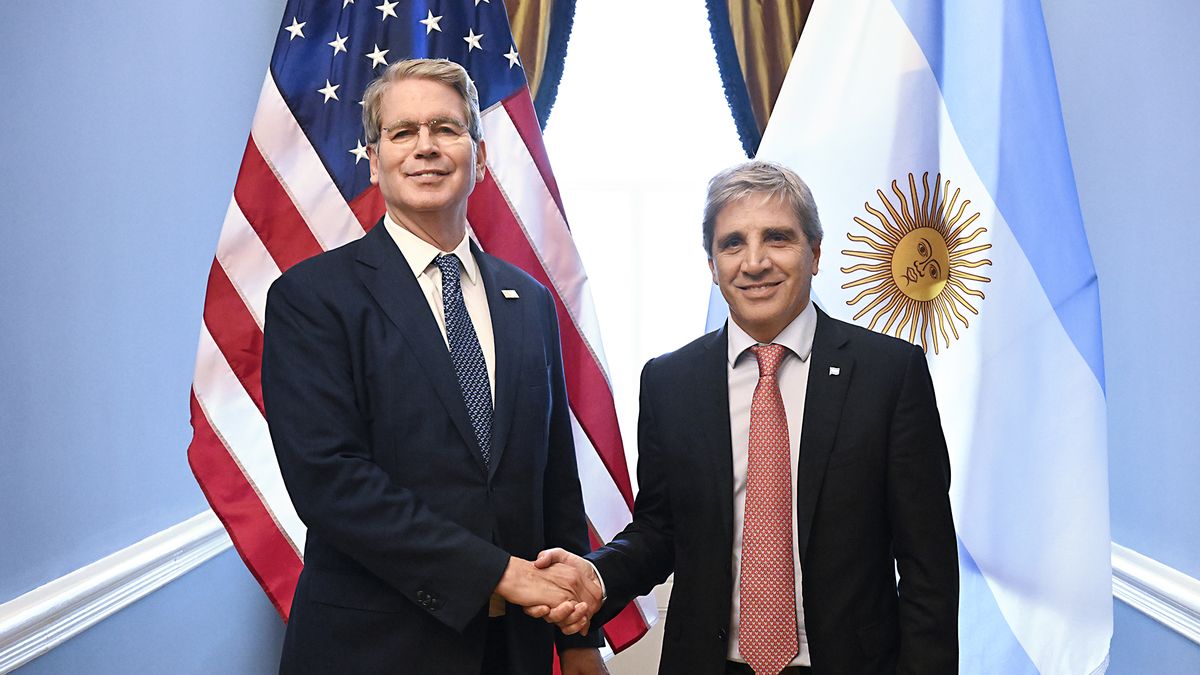The expectations of Argentine industrialists Regarding the activity of the sector, they are at the lowest levels since January 2021. They foresee a strong contraction in activity due to the fall in public works and domestic demand, although half believe that the country will be better in 2025.
This is indicated by the 1st UIA 2024 Survey on Industrial Indicators and Expectatives that reflect the spirit of businessmen in the sector to the decision of President Javier Milei to eliminate public works to achieve a fiscal surplus.
The survey carried out by the UIA Study Center (CEU) in January it indicates that Production declines are expected for 60% of companies; sales contraction for 69%; decrease in exports for 41%; staff layoffs for 20.9%; some payment arrears for 53.3% and that it is time to invest for 30.3%.
With these data and others, The CEU prepared the Industrial Performance Monitor (MDI) which marked an index of 29.9 points in the first survey of the year. That mark reveals that a contraction is expected of production in the coming months.
The MDI is an indicator of or at 100 points, where 50 is the neutral level, what is above anticipates an expansion and what is below a contraction. In historical terms, since April 2022 it has been below 50. The highest mark was 55 in October 2021 at the end of the pandemic. It is now at the lowest point since January 2021.
“The Industrial Performance Monitor (MDI), which advances the cycle of industrial activity, was once again in the contraction zone for the seventh consecutive time,” indicated the UIA.
funes de rioja-uia.jpg
The businessmen argue that the drop in activity will come from President Javier Milei’s decision to withdraw spending on public works, since evidently, they attribute to this an important power to energize demand. Secondly, they also propose that the fall in consumption will end up affecting the normal performance of their industries.
“81% of companies expect their production to fall due to less dynamism in public works. They also expect a drop in production due to lower family consumption (73% of companies) and lower demand from other industries (53%), the report states.
The fall in consumption as a result of the liquefaction of people’s income in turn generates lower demand for products that require elements produced by other industries to be produced.
For example, and68% of companies expect their demand from firms in the construction sector to fall; 47%, from automotive terminals; and 46% from the health sector. On the other hand, it is expected that there will be an expansion in demand from the mining sector.
The industrialistsor escape the general provisions of the law with respect to society in general. Several opinion polls show that President Javier Milei attracts andpositive expectations for the futurealthough the current situation is terrible.
The survey reveals that ““Companies considered that their current situation is worse than a year ago.” “This is seen both in the perceptions about the company itself (59%), and in the situation of the activity sector (54%) and the country (81%),” the report indicates. The CEU points out that “consequently, Prospects for next year improve since 1 in 2 companies expect that both the economic situation of their company, as well as that of the activity sector and country improve.”
Public works in the debate with the governors
As dynamizer of economic activity public spending can be important in certain contexts. For example, for some provinces it is usually almost the only reason for production movement.
And it is in that framework thatThe governors demanded that Javier Milei not cut public works that are financed by international organizations. considering that they do not affect the budget.
Strictly speaking, the format of credits from organizations such as the Inter-American Development Bank (IDB) is that assistance is provided for half the value of the budgeted work, so that the rest must be provided by the country that receives the assistance.
Nevertheless, The finance ministers of the provinces asked Secretary Carlos Guberman that governors be allowed to go directly to the agencies to request credit, without national intermediation.
The request was made at the meeting they had last week within the framework of the Federal Tax Commission and the official considered that this claim pIt could have the approval of the national government.
Source: Ambito




